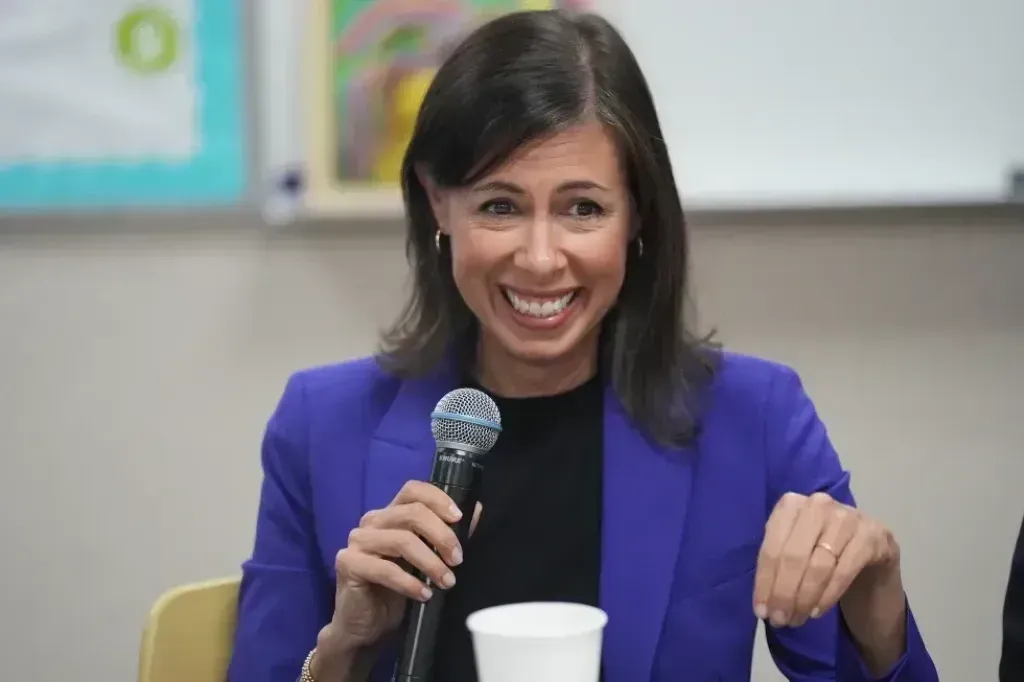October Surprise: Rosenworcel Opens Probe Into ISP Data Caps
Agency leader concerned about the impact on low-income households and healthcare services.
Jericho Casper

WASHINGTON, Oct. 15, 2024 – Federal regulators are taking a closer look at whether Internet Service Providers like AT&T and Comcast use monthly limits on data consumption in ways that are unfair to consumers.
The Federal Communications Commission turned its attention to the issue Tuesday when it launched an inquiry into how data limits may disproportionately harm low-income families or other vulnerable groups.
FCC Chairwoman Jessica Rosenworcel, in a statement, detailed the emotional and financial stress data caps place on households, sharing real-world examples of families struggling to manage their internet usage while avoiding costly overage fees.
“The mental toll of constantly thinking about how much you use a service that is essential for modern life is real, as is the frustration of so many consumers who tell us they believe these caps are costly and unfair,” Democrat Rosenworcel said, reflecting on the experience of a family forced to “suck it up and pay their overage fee” month after month despite feeling trapped by limited options.
The inquiry will explore the broader impact of data caps on consumer behavior, competition, and innovation, with a particular focus on essential services such as telemedicine, online education, and remote work. The FCC also seeks to examine the agency’s legal authority to regulate these practices.
The inquiry has sparked opposition from Republican Commissioners Brendan Carr and Nathan Simington. “Today’s NOI is the first step down the path of directly regulating rates,” Carr said in a statement, cautioning that prohibiting consumers from choosing more affordable plans with data caps would amount to rate regulation by another name. Simington similarly questioned the necessity of such oversight.
Whether the FCC ends up adopting regulations depends on a few factors, including the outcome of the Nov. 5 presidential election. If former President Donald Trump wins, Rosenworcel would likely step down in January, in keeping with agency tradition.
In a statement issued Tuesday supportive of Rosenworcel, Public Knowledge's Senior Vice President Harold Feld criticized the current lack of transparency around data caps, calling them “one of the most mysterious – and abusable – limits for consumers.”
“Providers offer multiple ‘unlimited’ plans with different limits, and different punishments for exceeding those limits. But despite the widespread use of data caps for both mobile and wireline broadband, we have virtually no way to know how these impact people,” Feld said.
Meanwhile, NCTA – The Internet & Television Association opposed the FCC decision in a statement Tuesday, arguing that data caps provide "market-driven flexibility" for consumers, allowing those who use less data to choose lower-cost plans. The trade group for Comcast and Charter urged the FCC to focus on "real obstacles" to broadband access, rather than questioning usage-based billing practices.
Public comments on the issue will be accepted until Nov. 14.









Member discussion